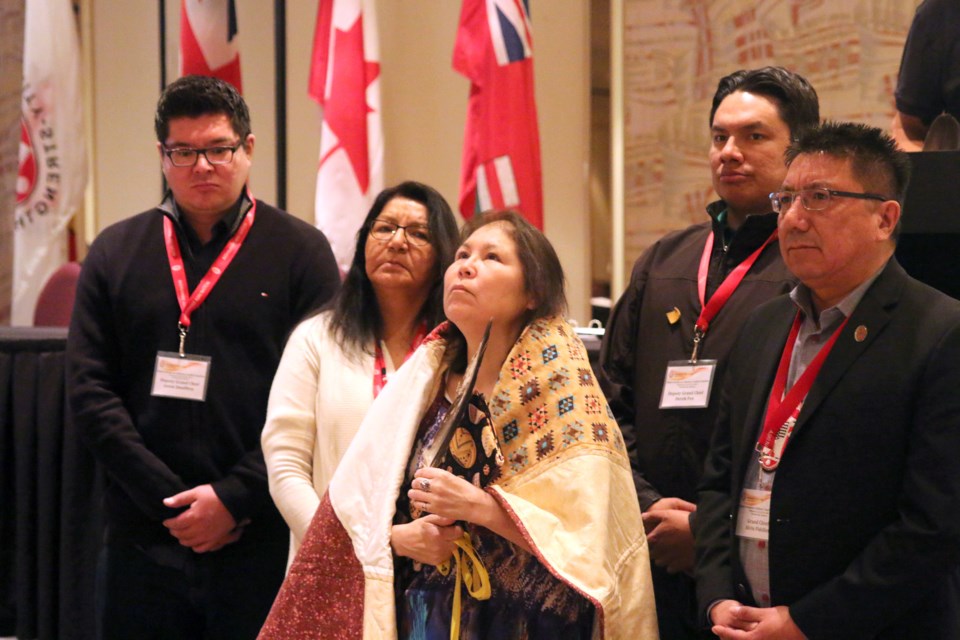THUNDER BAY - Survivors of the Sixties Scoop can now apply for compensation as part of a class-action lawsuit filed nearly 10 years ago.
The settlement agreement in the $1.3 billion lawsuit against the federal government takes effect as of Dec. 1, entitling plaintiffs an estimated $25,000. An additional $50 million will be used to invest in a charitable foundation open to all Indigenous people to support healing, wellness, education, language, culture, and commemoration.
The class-action suit was first filed in February 2009 on behalf of Indigenous children who were taken from their homes between the early 1960s and mid-1980s and placed in non-Indigenous care. The lawsuit cited years of psychological damage suffered by the plaintiffs as a result of being removed from their families and culture.
In February 2017, the Ontario Superior Court ruled in favour of the plaintiffs. Beaverhouse Chief, Marcia Brown Martel, was one of the lead plaintiffs in the suit and in February 2017, she said it was a long process toward healing.
“The very first step on February 2009 was one of those healing steps,” she said. “This whole journey through these eight years have been part of that healing journey. We have just reached a plateau where we can gather things together and say: this healing can continue.”
According to a media release issued on behalf of Carolyn Bennett, minister of Crown-Indigenous relations, the Sixties Scoop Healing Foundation has been incorporated and received charitable status.
“In the coming months, under the guidance of a Development Board, the Foundation will begin an engagement process to reach those impacted by the Sixties Scoop,” the media release reads. “This will enable survivors, their families and communities to be involved in determining the governance of the Foundation and the nature of its work within the broad mandate created by the settlement.”
Bennett states in the release that the Sixties Scoop is a dark and terrible chapter in Canadian history.
“This settlement represents an important step forward for thousands of Indigenous people,” she said. “It is focused on the needs of survivors, providing individual compensation and recognizing the importance of language and culture and the harm done when children are taken from their families and communities.”
It is estimated that more than 16,000 Indigenous children in Ontario, including members of NAN communities, were relocated during the Sixties Scoop.
"We will continue to work with survivors and Indigenous partners to advance reconciliation, promote Indigenous languages and culture, and support the healing and commemoration of those affected by the harmful policies of the past," Bennett said.
The government will continue to settle outstanding claims with other Indigenous people affected by the Sixties Scoop, as well as Métis and non-Indigenous people.
Collectiva, an independent firm, will be administering the claims. Applicants must submit a claim before Aug. 30, 2019. More information on the claims process can be found at www.sixtiesscoopsettlement.info.
